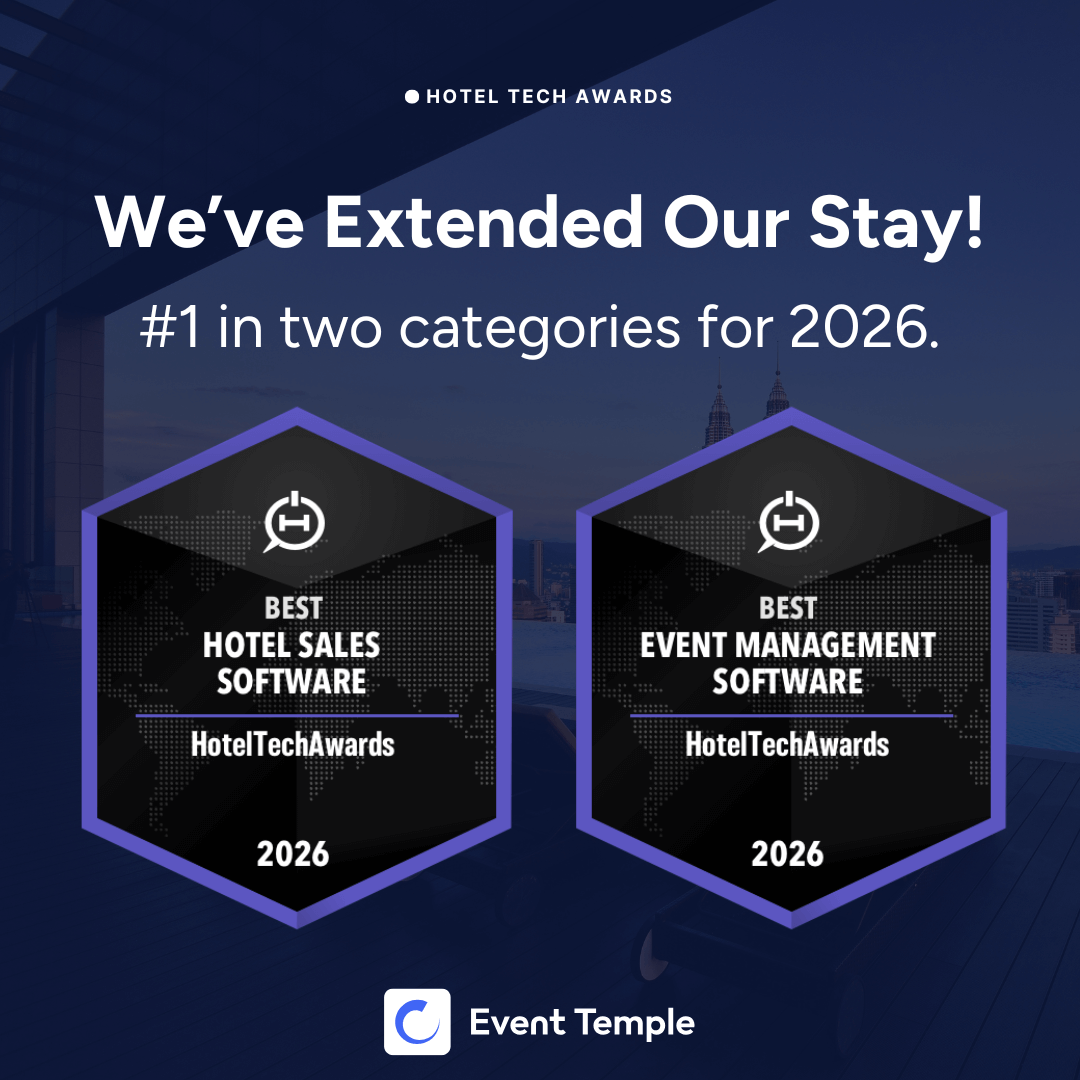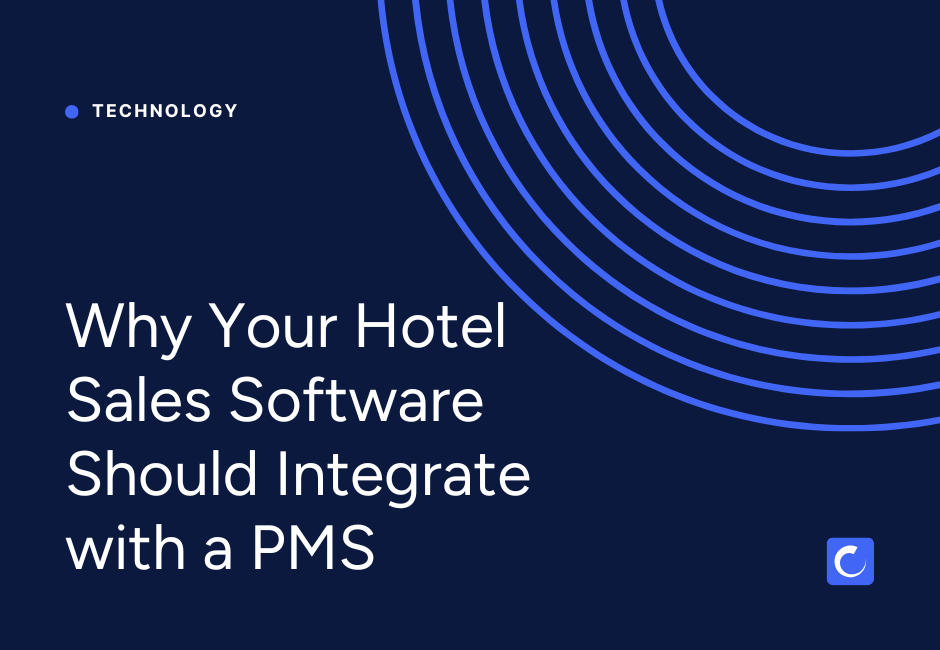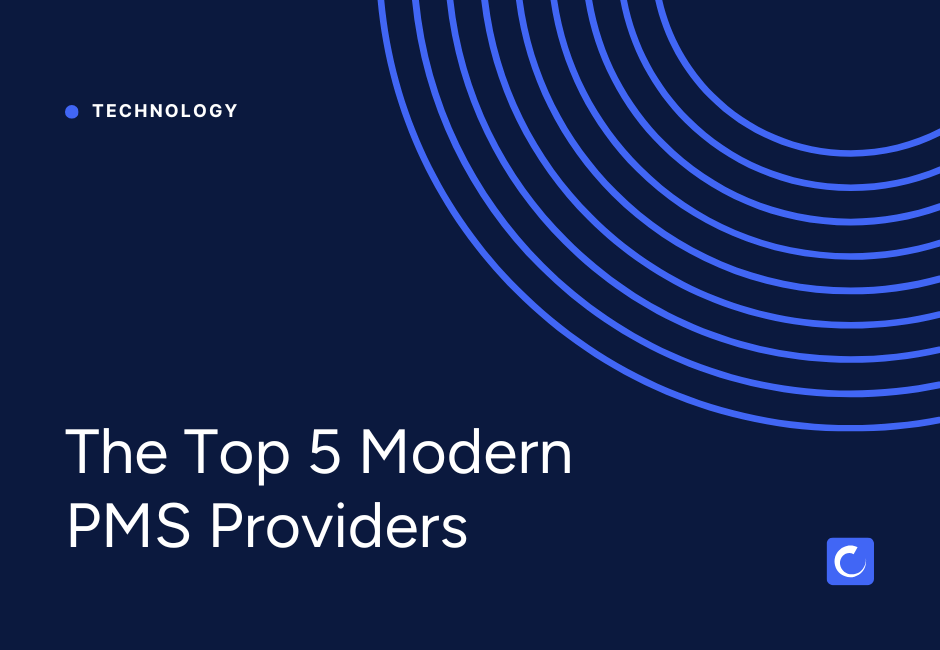
The hotel sales environment is changing rapidly, and there are plenty of sales strategies you can incorporate to boost hotel revenues. One of these strategies is implementing 'Upselling Techniques.' In the hospitality industry, the term "upselling" comes up frequently and is vital in increasing hotel revenue and enhancing the guest experience.
According to Phocuswire, hotels have a $28 billion opportunity to boost income, strengthen engagement, and foster client loyalty through upselling techniques. As the hospitality industry continues to evolve, experts in the hospitality sector must keep up with the most recent upselling strategies.
It is a fact that while spending money to attract new customers is necessary, maintaining a positive relationship with the customers who have already trusted you and made reservations with you is much more crucial. Evidence for this claim comes from the fact that the likelihood of selling to an existing customer is 60-70% while the likelihood of selling to a new customer is 5-20%. You can boost hotel revenue, develop closer connections with guests, and use the amenities more by including upselling techniques in your sales strategies.
This blog will briefly introduce upselling in hotels, the difference between upselling, cross-selling and suggestive selling, the products and services that you can upsell, the various stages of the sales cycle where you should upsell and the effective upselling techniques you can incorporate into your hotel sales strategies.
What is upselling in the hospitality industry?
Simply put, upselling offers your guests extra services or add-ons to improve their stay for an additional fee. It increases revenue per available room (RevPAR) by urging the guests to spend more money than they intended. This can be accomplished by either upgrading their current room selection or purchasing additional goods or services, such as spa treatments. This strategy works best when you are aware of the interests and needs of your guests.
What distinguishes upselling, cross-selling and suggestive selling?
Upselling is an umbrella term that encompasses suggestive selling and cross-selling. All these techniques are used to increase the guests' purchases and the hotel's overall revenue. However, there are slight differences between the three.
1. Upselling
In the case of upselling, you offer a superior version of the product the customer is considering buying or has already purchased. For instance, if a customer opts for a standard room, you can propose an upgraded room with more facilities to make his stay more comfortable.
2. Cross-selling
Cross-selling is when you provide a customer with something different that goes well with what they currently own. Imagine the last time you were at the hotel restaurant, and the server proposed a bottle of wine to pair with the dinner you just ordered - that is an example of cross-selling.
3. Suggestive-selling
Suggestive selling is a sales technique where a sales professional recommends additional products or services to customers based on their current purchases or interests. Suggestive selling aims to encourage customers to purchase more, ultimately increasing the business's overall revenue. For example, when a guest orders room service, the staff can suggest additional items such as dessert, a bottle of wine, or a breakfast package for the next day.
What products and services can you upsell?
Let's now look at everything you can upsell to your visitors.
1. Room Upgrades
Room upgrades are often considered as the classic upsells. Paid room upgrade means offering guests a higher room category for an additional fee. You can do two things: charge the room's total price or give a discount to make the offer more alluring. Selling a paid room upgrade is particularly advantageous during the pre-stay phase since it enhances the likelihood that the base category accommodation will be resold and generate additional income.
2. Spa and wellness services
Today's guests are more aware of their bodily and emotional well-being. Due to this, deals pertaining to health and well-being do well nowadays. Offer a single lengthy signature treatment to begin with or a few shorter options. Next, consider several spa services you can package for visitors wishing to treat themselves. Finally, consider combining spa services with deals from other sectors, like food and beverage.
3. Early check-in and late check-out
Early check-in and late check-out are the most popular upsell deals among the travelers. These upsell deals provide greater flexibility and convenience for the guests to plan their early morning or late night flights.
4. Promote stay extensions
With low occupancy rates, you can sell more rooms by encouraging visitors to extend their stays by offering discounts for an extra night or two. In addition, since tickets for flights or trains do not constrain them, guests who are driving can frequently benefit from this price. Apart from this, you can also offer guests a late checkout time for free or at a discounted rate, allowing them to enjoy the hotel's amenities for longer and making it more convenient for them to stay an extra night.
5. Discounts on food and beverages
Create offers that promote additional spending. Having special F&B promos might draw more customers into your outlets. For instance, giving a free dessert to guests who order a starter and a main course. You can also promote buy-one-get-one-free offers on drinks.
6. In-room Extras
Wouldn't it be nice to be a hotel visitor and discover something extraordinary when entering a room you hadn't anticipated? Little extras in rooms can significantly impact the guests, such as fruit platters, minibar set up, or a birthday cake. Obtain as much information as possible about your guests and provide them with highly customized services.
When should you upsell?
Upselling successfully requires both science and art. You must be extremely precise and patient when creating offers and packages for your target audience and deciding when to implement them. There are multiple stages in the sales cycle, and you must strategically use upselling techniques to sell your products and services in each stage.
1. Discovery Phase
In the discovery phase, the sales representatives gather information about customers' needs and preferences to understand their requirements and identify opportunities to offer additional products or services to enhance their experience. You have to inform the people of your upsell options during the discovery phase. To make it simpler for customers to purchase, put your upsell offers on your website and ensure all your options are integrated with the booking engine for seamless guest booking. The upsells you can give at this stage include no pet fees or complimentary breakfast.
2. Pre-arrival Phase
In the pre-arrival phase, the guest has already made reservations with you and is excited about their stay at your hotel. Sending pre-arrival upsell emails provides an excellent opportunity to upsell your offers. There is a high chance that the guests will opt for your upsells to make their stay more memorable and enjoyable. In this phase, you can give them upsells of airport pick-up, early check-in, or a bottle of wine on arrival.
3. Arrival Phase
Usually, the arrival time is the best opportunity to sell an upsell. The reception staff play a major role in doing this. Just imagine an excited traveler coming to your hotel and asking for accommodation; this is the best opportunity to tell him about your other rooms equipped with facilities compared to the standard room. The traveler will most likely opt for the upsell to take a rest to make his trip more memorable. In this phase, you can upsell room upgrades, bike rentals, and valet parking. Remember, it's important to approach upselling in a non-intrusive and respectful manner to avoid pressure or discomforting guests.
4. In-stay Phase
The guests have settled in during the in-stay period, and this is a wonderful time to ensure their stay lives up to their expectations of your hotel. Spa packages, airport transfers, and sightseeing tours are all upselling opportunities. Make sure the visitors have what they require, and if you have better options, suggest such upsells to them. During this phase, it's crucial to adopt a consultative approach that emphasizes the guest's needs as the top priority. Encourage your team to prioritize guest enjoyment and regularly check in with guests to see how their stay is going and if they require any additional assistance. This approach showcases a caring nature and fosters greater guest loyalty.
5. Post-stay Phase
The opportunity for upselling continues even after a guest checks out of your hotel. Follow-up emails on loyalty programs, special deals, and packages should be sent to your visitors. Making guests aware of these amenities long after their vacation will encourage them to reserve your hotel exclusively for their next stay.
6 Smart Upselling Techniques for Hotels
Let's discuss the most successful upselling techniques for hotels that you can employ in your hotels now that we've covered enough ground about upselling in the hospitality sector.
1. Select the ideal clients for upselling
Since only some consumers will be interested in your upsell, it is essential to identify those who are. So, first, please keep track of the customers who have previously chosen your upsells and the kinds of goods and services they are interested in - you can do this in your hotel CRM. Then, try to convince them to buy your upsells during their stay or on their next stay. If you are already aware of what they enjoy and don't like, it will be simpler to boost your chances of upselling.
2. Include targeted upsells on your hotel's website
Before booking a reservation with you, guests often check your official website to find the product or services that will fulfill their needs. Including relevant offers on your website increases the likelihood of the customers coming upon something they like. The ideal scenario would be to place upselling offers near products and services with the potential for further upgrades, customizations, and similar value-added features. Highlight the upsells on your website pages by using the highlighted button or stand out graphics.
3. Improve the hotel booking experience
One of the most effective upselling techniques is to include upselling offers on your website's last hotel booking page. As your guest has already decided what services or products to opt for, your upsells will give an extra nudge to the guest to make additional purchases. Make sure that the enhancements you offer are relevant to your target market. To draw attention towards your upsells, you can use a plugin to automatically place the upselling offer based on the customer's behavior or display a slideshow of all the packages they might be interested in.
4. Consider check-in as a great upselling technique
The most favorable time for upselling is during the check-in process. Travelers often opt for additional products or services that make their stay more enjoyable and comfortable. Ensure that your reception staff recognizes and makes the most of these opportunities. They should make guests aware of the upgrade options or rooms with unique features. Train your staff to use soft selling strategies rather than pushy sales tactics. It is crucial to make the visitor feel welcome as soon as they arrive at the hotel.
5. Utilize your CRM software to identify opportunities in upselling
Customer Relationship Management Software (CRM) will help you recognize the trends in your upselling efforts. This software provides guest data and their past interactions with your hotel property. After gaining valuable insights from the rich CRM data, try testing different upselling offers with varying customer segments to increase the guest experience and your hotel revenue.
6. Suggest the right number of upsells to your guests
Upselling can be an effective strategy to increase revenue and improve customer satisfaction, but it's important to find the right balance and not overdo it. Overdoing upselling might overwhelm the customer, make them feel pressured, and they may become dissatisfied with their experience and decide not to return in the future. To prevent these situations, it is necessary to upsell the right number of products or services. Segment your audience to limit the number of deals they see. Data suggests that there should ideally be 10-15 upsells. In addition, they should provide customary services like paid upgrades, breakfast, and a few special deals relevant to the particular guest group.
Wrapping Up
Hello folks, this concludes the blog; hopefully, you now understand the idea of upselling and the techniques you can use in hotel operations to increase revenue and guest pleasure. Please let us know if you have any new ideas for upselling techniques in the hotel sector.



